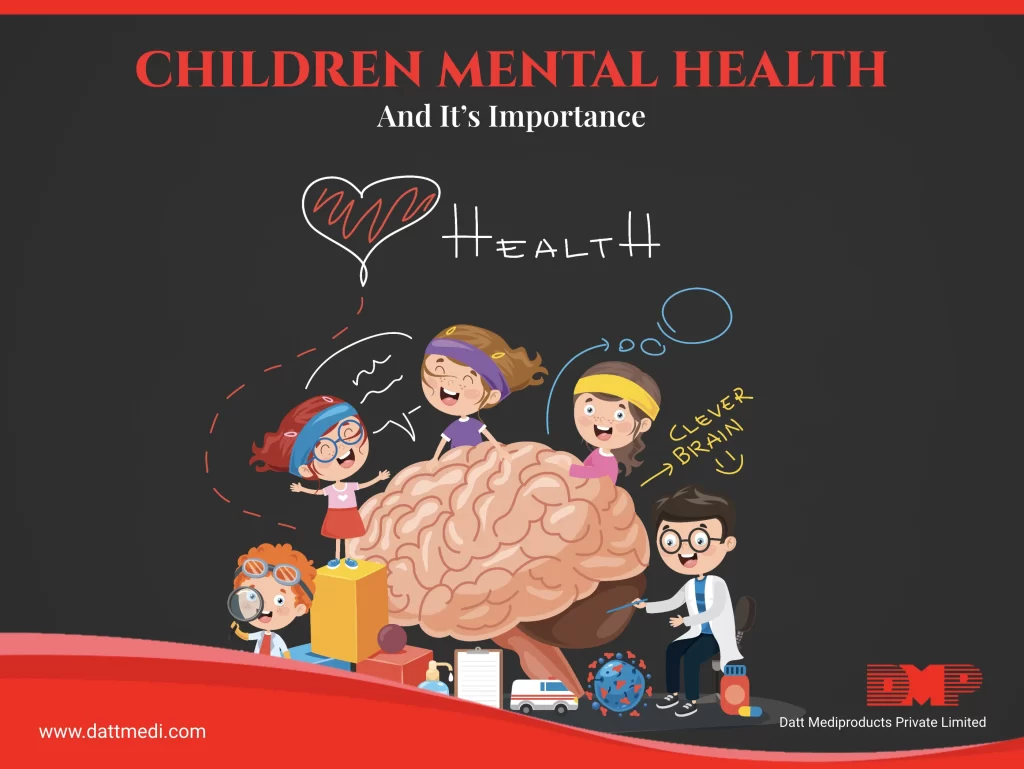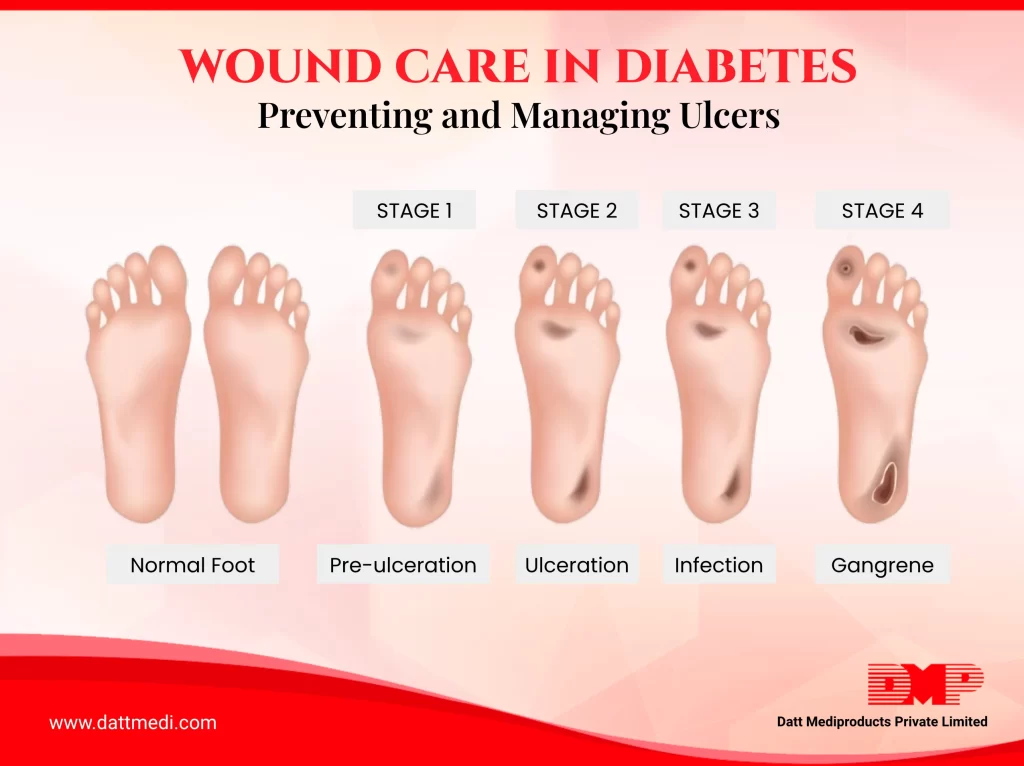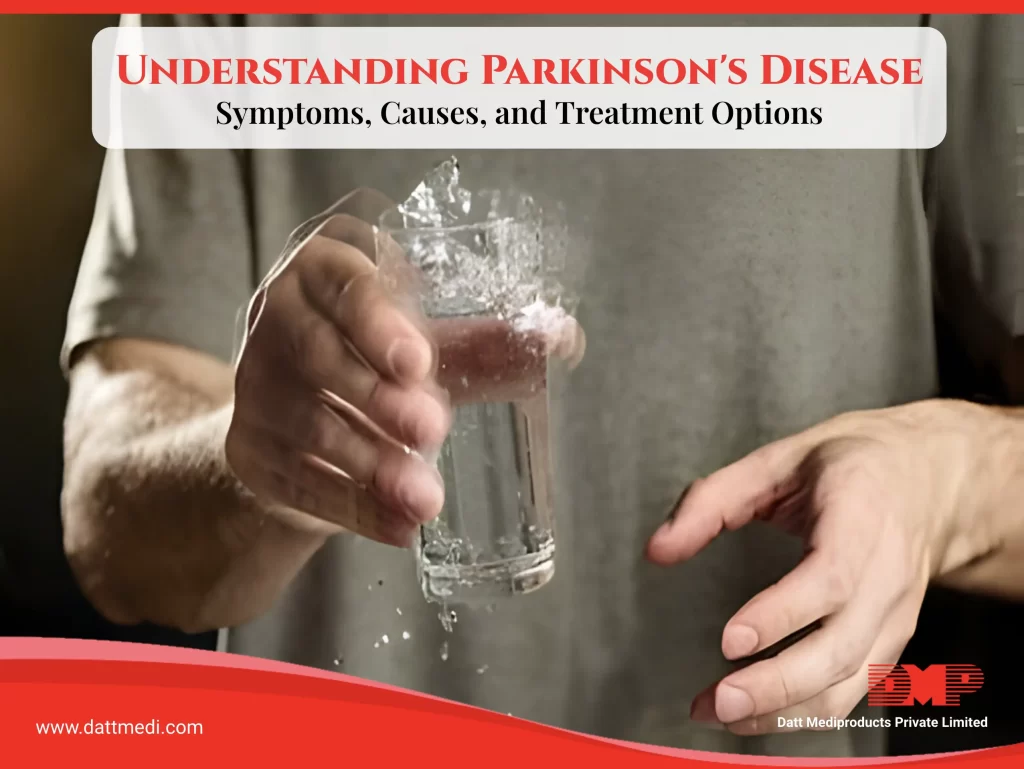
Mental health is important. It includes not only our emotional and psychological being but also our social well-being. It affects basically everything from what we think, how we think, feel and act. How we handle stressful conditions, relate to others and how we make healthy choices is all determined by our mental health, which is crucial at every stage of life from our childhood, to adolescence and to adulthood.
Children Mental Health: Its Importance
During childhood, mental health comprises of reaching developmental and emotional milestones, learning healthy social skills and how to cope when there are problems. Being mentally healthy reflects a positive quality of life and a good performance at home, school and in community.
Occasional experiences of fears and worries displaying disruptive behaviours in children are okay but if such symptoms remain persistent and interfere with their daily activities, then they may account for a mental disorder in children. Mental disorders can be described as serious changes in the way children generally learn, behave, or handle their emotions, resulting in distress and problems getting through the day.
Mental disorders in children can be of several types such as Anxiety, Depression, Oppositional Defiant Disorder (ODD), Conduct Disorder (CD), Attention-Deficit/Hyperactivity Disorder (ADHD), Tourette Syndrome, Obsessive-Compulsive Disorder (OCD), Eating Disorder, Autism Spectrum Disorder (ASD) and Post-traumatic Stress Disorder (PTSD).
Know the Signs of Mental Illness in Children
There are certain warning signs for an easy identification of a mental health disorder in children. These include:
- Persistent sadness lasting for two weeks or more
- Drastic behavioural and personality changes
- Withdrawing from or avoiding social interactions
- Hurting oneself or talking about hurting oneself
- Death or suicide talks
- Outbursts or extreme irritability
- A potentially harmful out-of-control behaviour
- Changes in eating habits
- Weight loss
- Difficulty sleeping
- Recurrent headaches or stomach-aches
- Concentration issues affecting academic performance
- Avoiding or missing school
Children's Mental Health Week: Theme - “Let's Connect”
The theme for 2023 Children’s Mental Health Week is ‘Let’s Connect’. The prime focus of this theme is on the importance of making meaningful connections with others. A healthy connection with others is a key part of living a fulfilling life as it gives a feeling of being loved, cared for and safe. The theme encourages children to contemplate about connections in their lives and how these connections are supporting their “mental health & wellbeing”. The theme also uplifts people to connect with others in healthy, rewarding, and meaningful ways.
Fact:
Majority of people worldwide experience some form of mental health issue throughout their lives with a ratio of 1 in 4.
Children’s Mental Health Week is a significant event with a brilliant opportunity to discuss and make people aware about the mental health and wellbeing in children and young people. The charity organizations like Place2Be design activities which help encourage not only children but also adults, to consider making meaningful and healthy connections that support our mental health. The event focusses on important topics inspiring everyone involved such as parents, caretakers, teachers etc. to reflect on their role in supporting children with their mental health.
We, Datt Mediproducts understand that mental health is important at every phase of life and an early intervention to address issues plays a vital role before they become any serious.
Let’s Connect, Stay Healthy!




